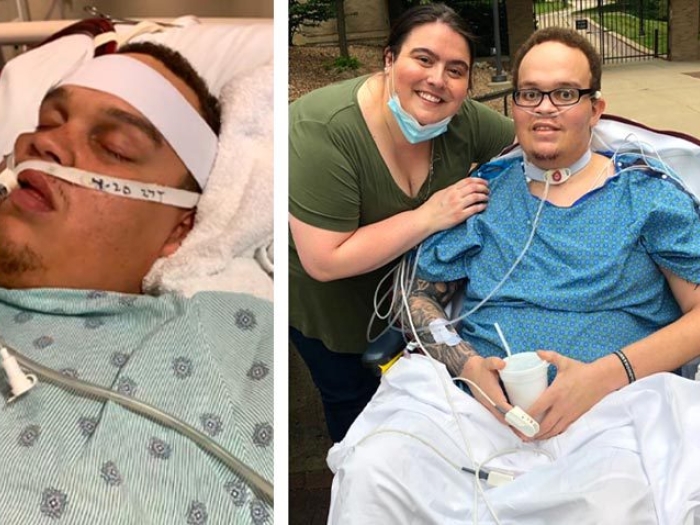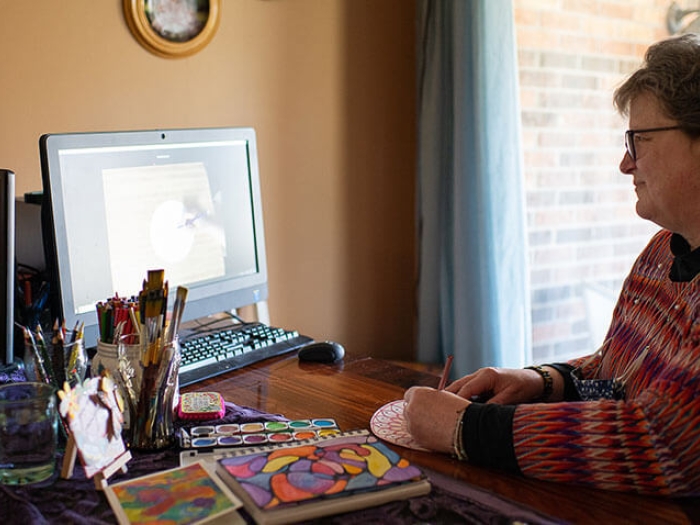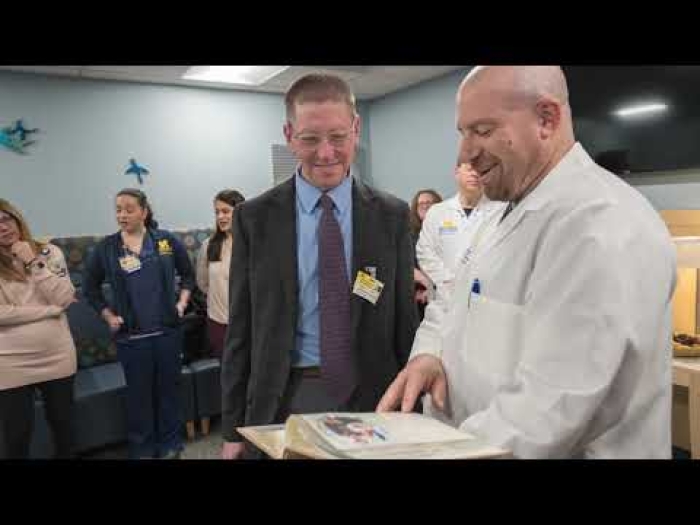The discovery of a mass can induce panic and dread. Here’s how to handle the diagnosis — and what to do next
7:00 AM
Author |

This article was updated on September 22, 2023.
As a Cancer AnswerLine nurse, I often receive phone calls from nervous patients diagnosed with a mass.
SEE ALSO: Connecting Sugar and Cancer: Does One Feed the Other?
Most people need help understanding the definition of a mass — a term used interchangeably with "tumor" — as well as some assurance that there isn't automatically a reason to panic.
According to the National Cancer Institute, a mass is a lump in the body that can be caused by the abnormal growth of cells, a cyst, hormonal changes or an immune reaction.
Fortunately, a mass is not always cancer.
And though the majority of masses are benign, or noncancerous, they do require further monitoring and examination to determine the cause.
Here are some of the common questions I receive:
What are the symptoms of a mass?
It depends on the size and location of the mass. If the mass is small, there may be no symptoms. Many patients are surprised to find out they have one at all.
Sometimes masses are found accidentally when being worked up for another condition. For instance, a lung mass can be found when a patient is undergoing testing for a heart condition.
On the other hand, if a mass is pressing on a nerve or organ, it can cause pain. Masses in the brain might cause dizziness or blurred vision. Masses found within the abdomen can spur feelings of fullness, nausea, vomiting or changes in bowel or bladder habits.
Where do masses form?
Anywhere on the body. Common areas that masses appear include:
-
Breast
-
Brain
-
Kidney
-
Prostate
-
Colon
-
Ovary
-
Uterus
-
Lung
-
Liver
-
Extremity (arm or leg)
What happens after the diagnosis?
Depending on the situation, your doctor will most likely run further tests or refer you to a specialist based on the results of those tests.
Next steps can include blood and urine tests; a biopsy of the mass or lump; or radiology imaging such as a CT scan, MRI or X-ray.
How might you treat me?
Treatment of a mass depends on the cause, location and symptoms.
SEE ALSO: Immunotherapy: The Future of Cancer Treatment?
For benign or noncancerous tumors that are not causing any symptoms, no treatment may be necessary. Medication can sometimes be used to reduce the size of the mass. Birth control pills, for instance, can be used to decrease the symptoms of uterine fibroids.
For those that cause troubling symptoms, surgery can remove the tumor. If a mass turns out to be cancer, treatment could involve surgery, radiation therapy, chemotherapy, targeted therapy or immunotherapy.
What should I do if I suspect something is wrong?
It's always important to report any new or strange symptoms to your doctor so that any lump or mass that you or your doctor may find is evaluated and treated appropriately.
Many masses will need only observation or minimal intervention. And a more serious diagnosis has a better outcome when found and treated early.
For more information, call the Cancer AnswerLine at 800-865-1125 or visit us online.

Explore a variety of healthcare news & stories by visiting the Health Lab home page for more articles.

Department of Communication at Michigan Medicine
Want top health & research news weekly? Sign up for Health Lab’s newsletters today!





